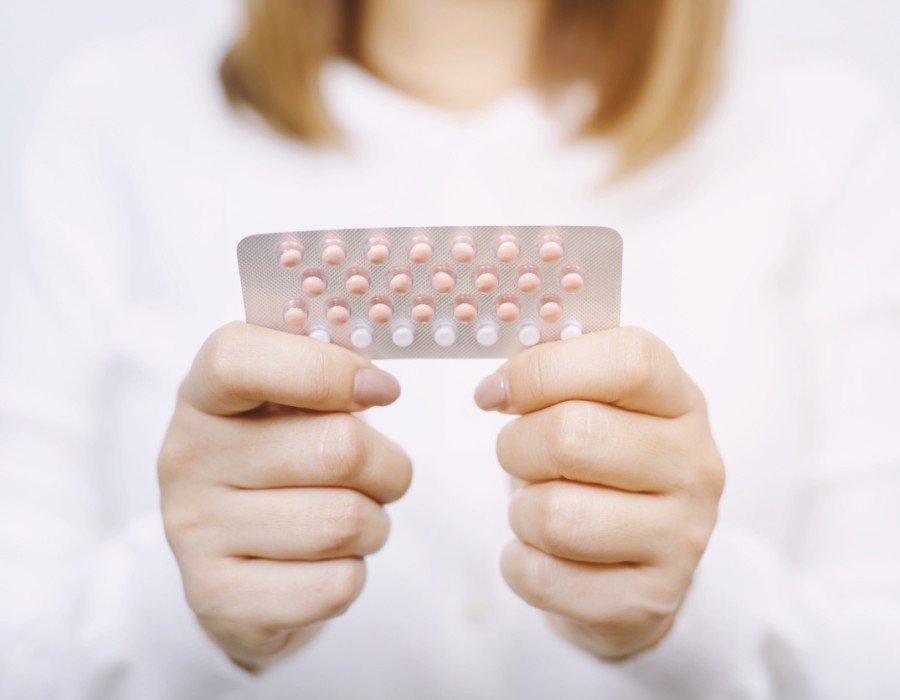Hormone Replacement Therapy (HRT) is a widely recognized treatment for alleviating symptoms associated with hormonal imbalances, particularly during menopause or after specific medical procedures. While it has transformed the lives of many, some individuals report emotional challenges, such as mood swings or feelings of sadness. This raises a common question: can HRT cause depression? This article delves into the emotional impacts of HRT, why they occur, and how to manage them effectively to reclaim emotional well-being.
Understanding the Emotional Impact of HRT
Why Emotions Can Fluctuate During HRT
Hormones play a crucial role in regulating emotions. During HRT, the body adjusts to new hormone levels, which can temporarily lead to mood swings, anxiety, or depressive episodes. Factors influencing this include:
- Individual Sensitivity: Everyone reacts differently to hormone changes.
- Dosage and Type: The specific hormones used (e.g., estrogen, progesterone, or testosterone) and their levels can influence mood.
- Underlying Conditions: Pre-existing mental health conditions can amplify emotional responses.
Can HRT Cause Depression?
Although rare, depression can occur in some individuals undergoing HRT. This is often linked to an imbalance between the hormones introduced and the body’s existing chemistry. If untreated, these emotional side effects can feel overwhelming.
Steps to Manage Emotional Side Effects of HRT
1. Consult Your Healthcare Provider
If you suspect HRT is affecting your mood, the first step is to discuss it with your doctor. They can:
- Adjust the dosage or type of hormones.
- Rule out other potential causes of mood changes, such as vitamin deficiencies or thyroid issues.
2. Track Your Symptoms
Maintain a mood diary to identify patterns. Record details such as:
- When mood changes occur.
- Intensity of symptoms.
- Possible triggers, like stress or dietary habits.
3. Incorporate Lifestyle Changes
Lifestyle adjustments can significantly reduce emotional fluctuations:
- Regular Exercise: Boosts endorphins, which improve mood naturally.
- Balanced Diet: Include omega-3 fatty acids, lean proteins, and whole grains to support brain health.
- Stress Management: Techniques like mindfulness or yoga can calm the mind.
4. Consider Counseling or Therapy
Speaking with a mental health professional can help address emotional challenges and provide coping strategies tailored to your needs.
Benefits of HRT Despite Emotional Side Effects
Despite occasional emotional side effects, HRT offers significant benefits, such as:
- Relief from hot flashes, night sweats, and other menopause symptoms.
- Improved bone density and reduced risk of osteoporosis.
- Enhanced energy levels and sexual health.
For most individuals, these benefits outweigh the initial emotional hurdles, especially when managed effectively.
Post-Treatment Care and Long-Term Emotional Wellness
After completing HRT or achieving hormonal balance:
- Continue monitoring emotional health.
- Maintain a healthy lifestyle with a focus on mental well-being.
- Stay in touch with your healthcare provider for regular check-ups.
Conclusion
Hormone Replacement Therapy can be life-changing, but it’s essential to acknowledge and address its emotional impacts. If you're experiencing mood swings or wondering, "can HRT cause depression?", know that help is available. By working closely with your healthcare provider and adopting healthy habits, you can navigate these challenges and feel like yourself again. Emotional wellness is achievable with the right support and strategies.





Comments